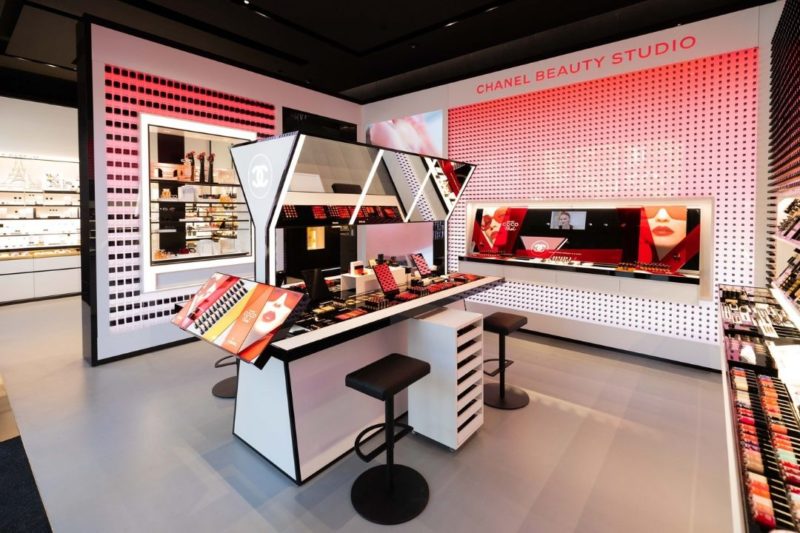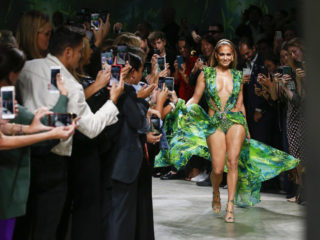By reducing wholesale and offering exclusive products, brands are capitalizing on the direct-to-consumer relationship and data. The beauty sector is taking the lead and reinforcing brand experience.
PARIS, France – While the rise of selling direct-to-consumer is nothing new, we are now seeing luxury brands join the fray, backing away from wholesale and opening their own stores, especially in the beauty sector.
Take Prada: it is now 82% direct-to-consumer. Or Kering Group, which is 77%. And, according to CPP-Luxury, Gucci’s direct-to-consumer sales reached 86% in 2018, with the aim of reducing wholesale to less than 10% of overall sales. LVMH has increased the number of directly owned retail stores: in 2018, they had 4,592 stores, up from 3,948 in 2016, as BOF reports. The trend could not be clearer, upending traditional ways of selling luxury products.
Reinventing luxury’s beauty sector
In department stores, brands have traditionally been selling beauty products directly to the customer through a concession model. However, the beauty divisions of both Chanel and Dior have decided to approach the market with new exclusive products sold through their own stores.
Chanel tested the market in Paris when it opened a pop-up shop on rue Saint-Honoré, followed by brick-and-mortar stores in the Marais and now on avenue des Champs-Elysées. “We had, at the end of 2018, 108 freestanding Chanel beauty doors, which comes on top of thousands of points of sale that we have in wholesale. We’re going to continue to offer our clients touchpoints where he or she can find different types of experience,” said Chanel Chief Financial Officer Philippe Blondiaux. “That’s part of our strategy to continue to develop this network of freestanding beauty stores in Paris and elsewhere.” Dior, as well, has a new shop on the Champs-Elysées featuring rare fragrances, candles, and lotions that are not available outside of their own retail shops.
What is significant about this switch is that it allows brands to create new products, test them and offer them in an exclusive way. With immediate feedback, brands can adapt quickly to the consumer’s needs. The brand experience, customer relationship and data collected are crucial assets. By selling direct to consumer, the brand’s message is stronger and the return significant. Other luxury brands are following Chanel’s example and taking their beauty brands in-house. Gucci recently launched a cosmetics line and Hermès will introduce a skincare and cosmetics line exclusively available in its own stores in 2020.
Retailers need emerging brands to differentiate themselves
How can retailers adjust to this shift in the luxury model if the only possibility of carrying a luxury brand is through concession, making the retailers a version of the shopping mall? Should they compete with the brands themselves, who are previewing new products exclusively at the brand’s retail stores?
By the time the products make it to the retailer, the buzz may have died. Retailers must therefore find and offer products that differentiate them from their competitors. Taking on emerging brands, which are looking for name recognition, and backing them with strong digital marketing gives the brands the presence and competitiveness they need while giving the retailers an edge to their business.
Need help finding and onboarding emerging brands? Find out more about our Sourcing services here.







